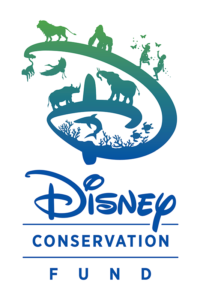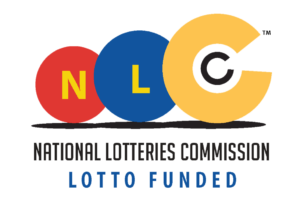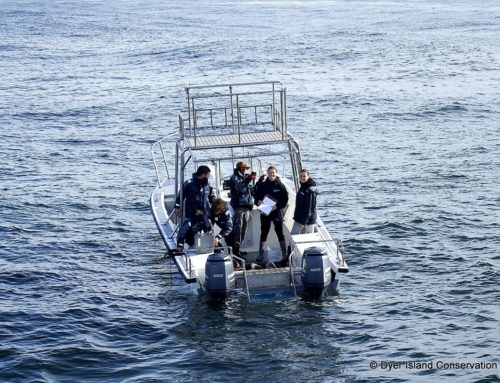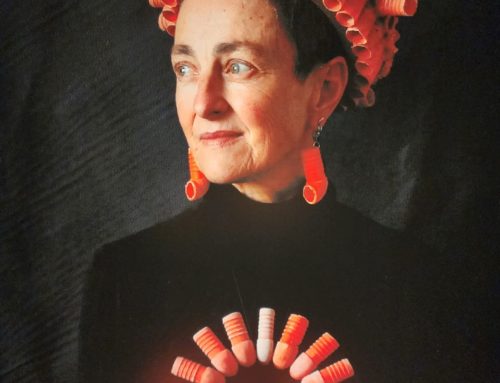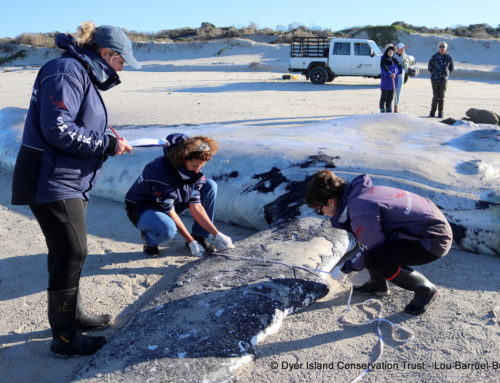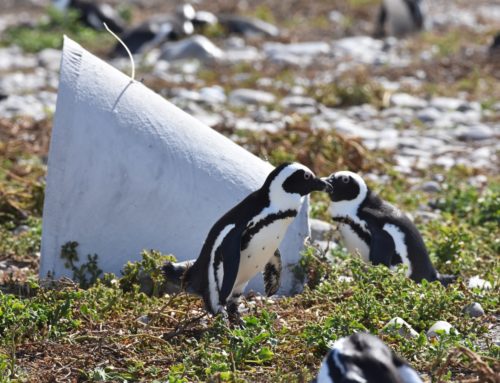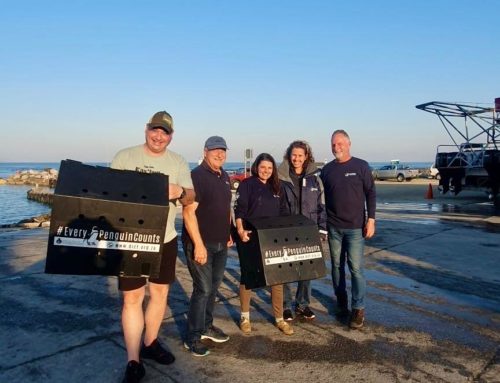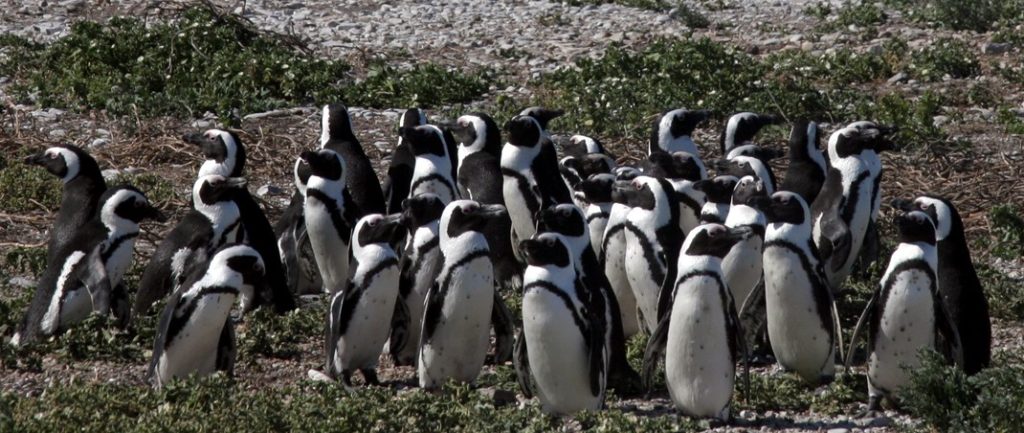
The African penguin is on the brink of possible extinction in the wild within the next decade. Partnerships are vital in the ongoing effort to stabilise the African penguin population numbers. This is one of the reasons that African penguins are at the heart of the Memorandum of Understanding (MOU) that exists between CapeNature, the custodian of the Western Cape’s natural environment, and the Dyer Island Conservation Trust (DICT) situated in Gansbaai, Western Cape, South Africa.
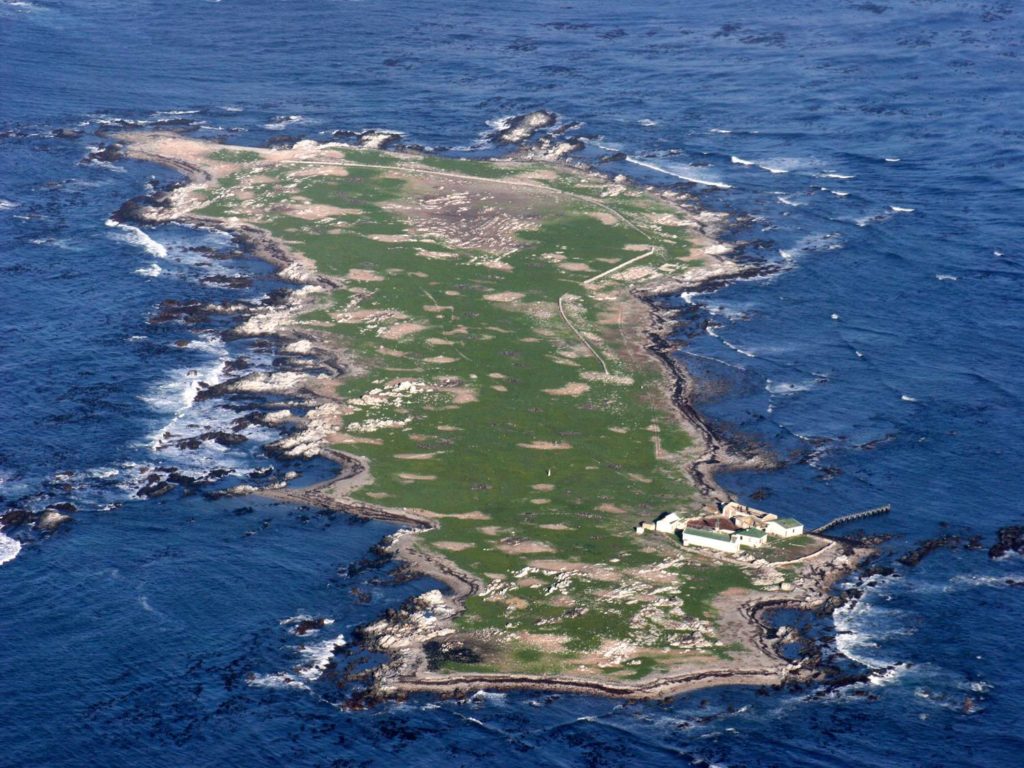
Project funding is a key part of conservation partnerships, and the Dyer Island Conservation Trust was grateful to recently secure a grant from the Disney Conservation Fund (USA) for the appointment of a specialised seabird ranger on Dyer Island to support the CapeNature team. A permanent seabird ranger will assist with increased surveillance, monitoring and quicker reaction times. “We know that the early rescue and treatment of compromised adult African penguins increase rehabilitation outcomes and will contribute to the stabilisation of the population” said Trudi Malan, the DICT Conservation Manager. “Adult survival and breeding success, together with recruitment is essential to re-build the population”.
Preparing for a potential oil spill is a major part of the CapeNature / DICT partnership. Funding received from the National Lotteries Commission (South Africa) enabled the DICT team to acquire vital fencing for the island. In the case of an oil spill, penguins need to be corralled on the island to prevent them from accessing the oiled seas. The new fencing is easy to erect and multi-functional.
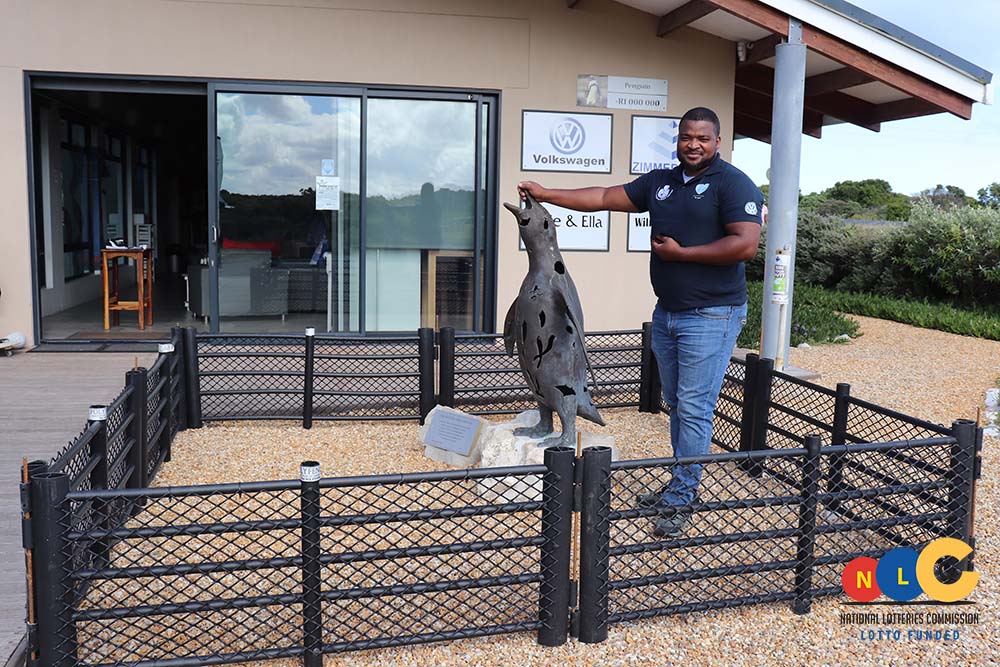
Xolani Lawo, Senior Bird Rehabilitator at the African Penguin & Seabird Sanctuary with the fence that will be deployed on Dyer Island in the event of an oil spill.
CapeNature’s CEO, Dr Razeena Omar, visited the team at the African Penguin and Seabird Sanctuary to celebrate these latest developments. She said, “It is thanks to the collective conservation efforts of partnerships such as this one between CapeNature and the DICT that these birds are being saved from near extinction. Together, the difference we make today will be witnessed by the generations of tomorrow. Much needed sponsorships assist in reaching tangible goals to ensure the preservation of this critical endangered species. Furthermore, marine conservation education and awareness are priorities for both CapeNature and the DICT. The partnership prides itself in innovative programmes and projects in this field.”
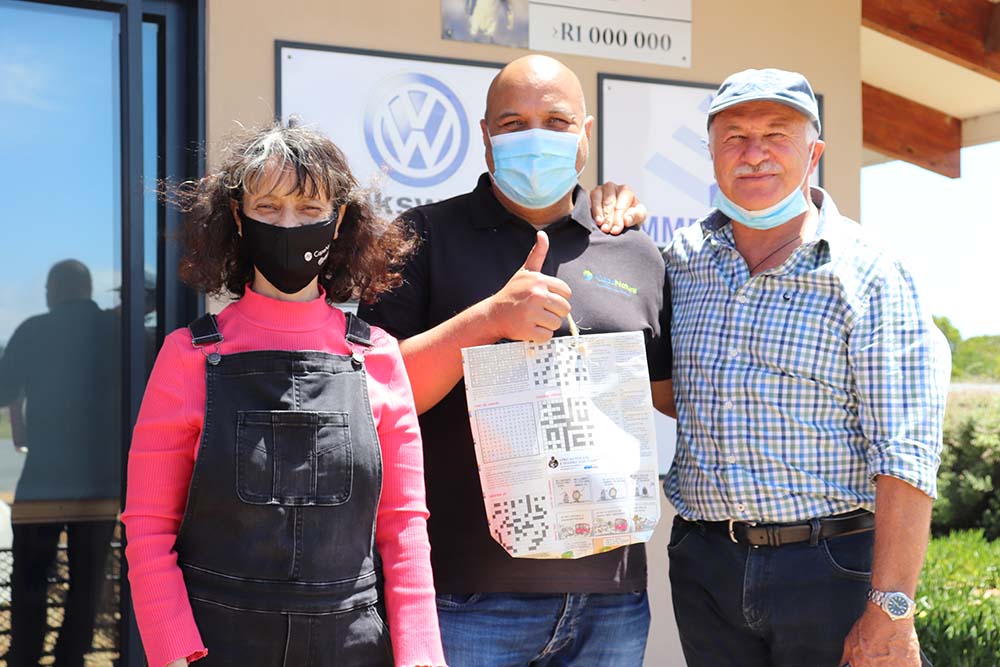
Dr Razeena Omar, CEO of CapeNature; Sheraaz Ismail, Executive Director: Marketing & Eco Tourism CapeNature and Wilfred Chivell, Chairman of the Dyer Island Conservation Trust
Founder of the Dyer Island Conservation Trust, Wilfred Chivell said, “I believe that partnerships are critical to conservation success. We have worked with CapeNature for many years, supporting penguin research, the artificial penguin nest project and opening the African Penguin and Seabird Sanctuary in 2015 to assist with the rescue and rehabilitation of seabirds.
Chivell’s eco-tourism companies, Marine Dynamics and Dyer Island Cruises, are part of the partnership and provide a vital support system for the DICT. Their vessels are often repurposed as penguin ambulances and then again as penguin taxis to return the rehabilitated penguins back to their homeland. The Marine Dynamics marine biologists contribute to the scientific understanding of the area.
In addition to the marine bird related work, the partnership also focusses on the use of the Baited Remote Underwater Video monitoring technique (BRUV) to look at species diversity and monitor fish species’ relative abundance in the oceanic waters surrounding Dyer Island. This is of national importance and forms a priority monitoring site for the National BRUV Working Group led by the South African Institute for Aquatic Biodiversity.
The partnership also extends to estuary ecosystem monitoring. CapeNature is the responsible Management Authority for the Uilenkraal Estuary and needs updated estuary water quality data to effectively manage it and implement the mouth management plan. The freshwater flows existing in the estuary mouth contribute to the near shore marine ecosystem in the form of freshwater, sediment and nutrient input.


